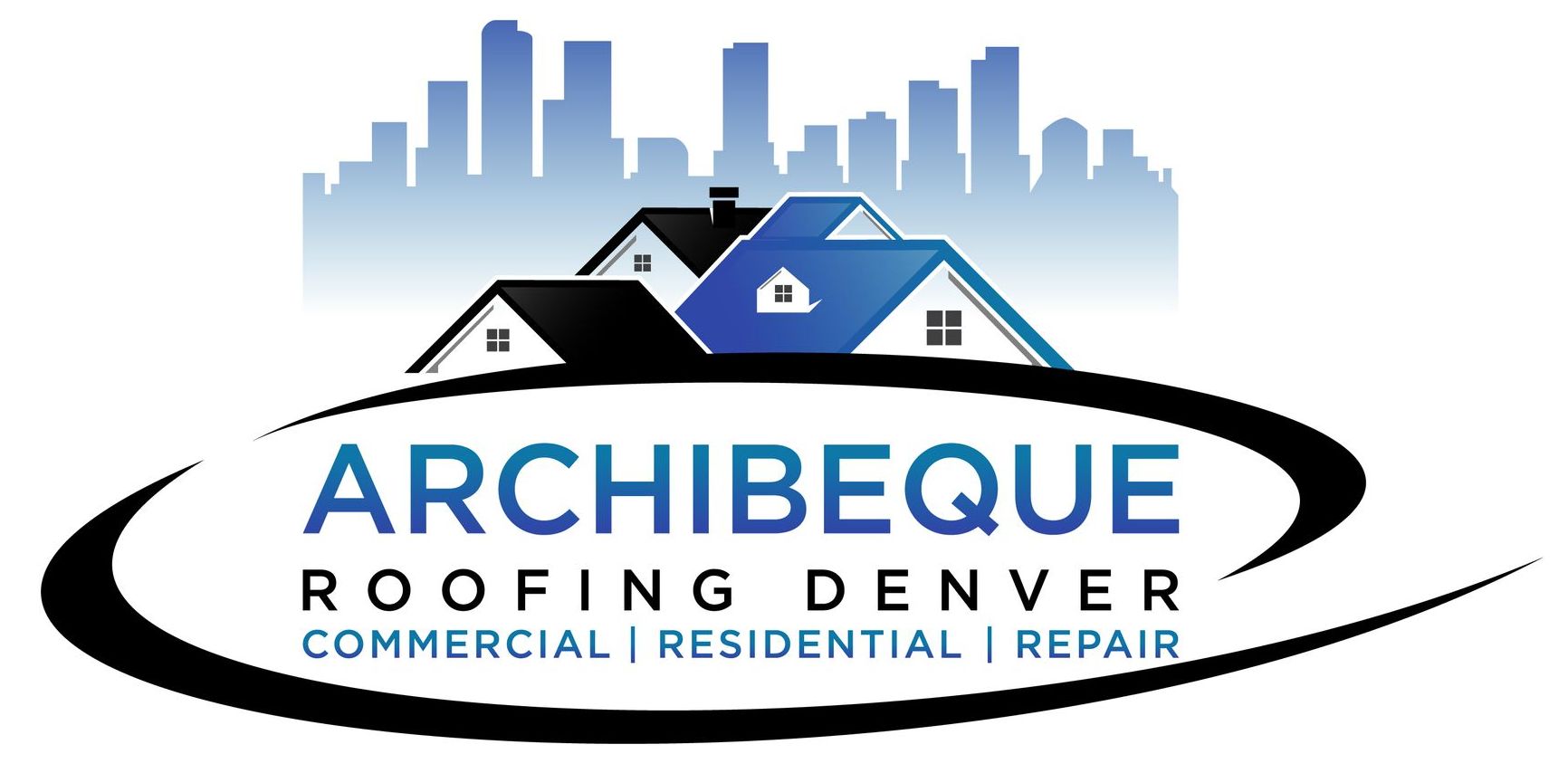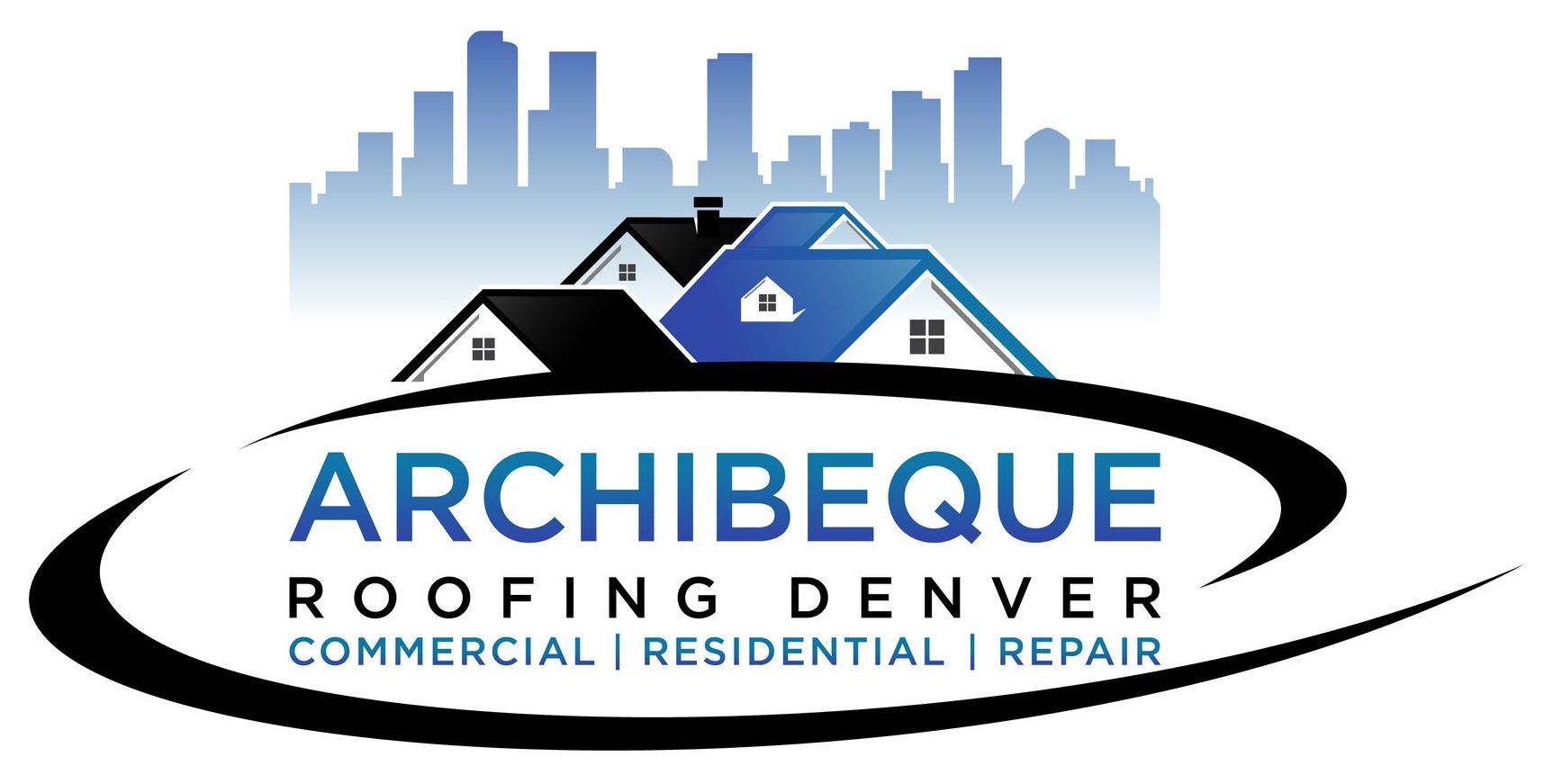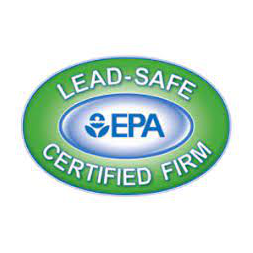Call Us Now! (720) 375-5601
Tile & Clay Roof Denver
Tile Roofing in Denver
When it comes to roofing in Denver there are many different options available. You can choose from shingles, metal, slate, and even flat roofs. But if you want a roof that will really make people sit up and take notice, tile roofing is the way to go. Tile roofs have been used for centuries, and they continue to be a popular choice for both homes and businesses. There are many reasons for this enduring popularity, but one of the most important is that tile roofs are simply beautiful.
Whether you choose clay tiles or concrete tiles, you can create a stunning look that will add curb appeal and value to your Denver property. And when it comes to durability, tile roofs are tough to beat. In fact, they’re often the last roof standing after a major storm. So if you’re looking for a roof that is both beautiful and durable, tile roofing is the clear choice.
Roof Tiles Types
Roof tiles are an essential component of a building's exterior, providing both aesthetic appeal and functional protection against the elements. Understanding the different tile roof types is critical for making an informed decision when it comes to choosing the right roofing material for your building. There are several tile roof types available in the market, but some of the most popular ones include clay, terracotta, and synthetic tiles.
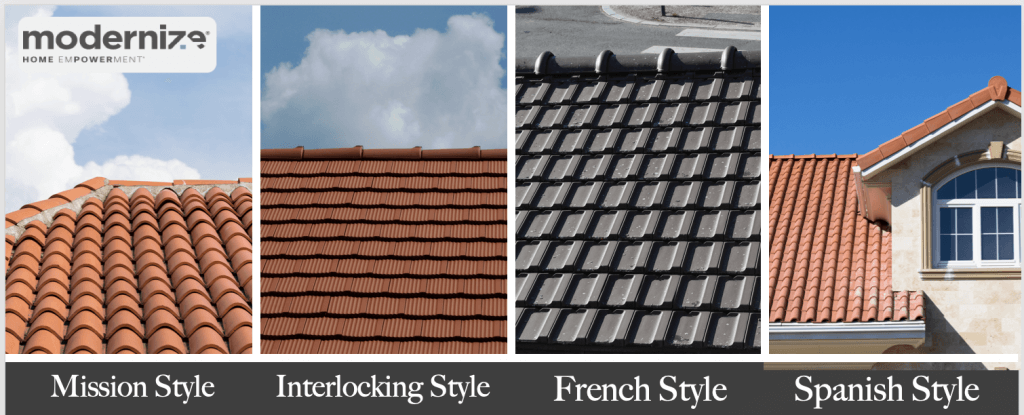
Clay roof tiles have been used for centuries due to their durability and resistance to harsh weather conditions. They are manufactured from natural clay, which is shaped and fired in a kiln to achieve the desired hardness. This type of roof tile is known for its traditional beauty and can last for over 100 years with proper maintenance. Moreover, clay tiles come in a variety of colors, styles and finishes to cater to different architectural designs.
Another commonly used tile roof type is terracotta. Terracotta tiles are also made from clay, but their distinct reddish-brown color sets them apart. These tiles undergo a process similar to that of clay tiles; they are shaped and then fired in a kiln. Terracotta tiles have been appreciated for their natural, rustic look which blends well with many architectural styles. Besides their beauty, terracotta tiles are known for their ability to withstand extreme weather conditions, including heat, frost, and heavy rain.
Synthetic tiles, on the other hand, are a modern alternative to traditional tile roof types. They are engineered from various materials like rubber, plastic, or a combination of both. Synthetic tiles offer a wide range of benefits such as lightweight, resistance to fading, cracking or curling, and they require minimal maintenance. Additionally, synthetic tiles can mimic the look of traditional materials like wood, slate, or even clay and terracotta, providing a cost-effective solution without compromising on aesthetics.
When trying to choose amongst tile roof types for your Denver Home, such as clay, terracotta or synthetic tiles, it's important to consider factors like the building's architectural style, the local climate, and the maintenance requirements. Each type has its unique set of advantages and understanding these can help in making the right choice for your Denver roofing needs.
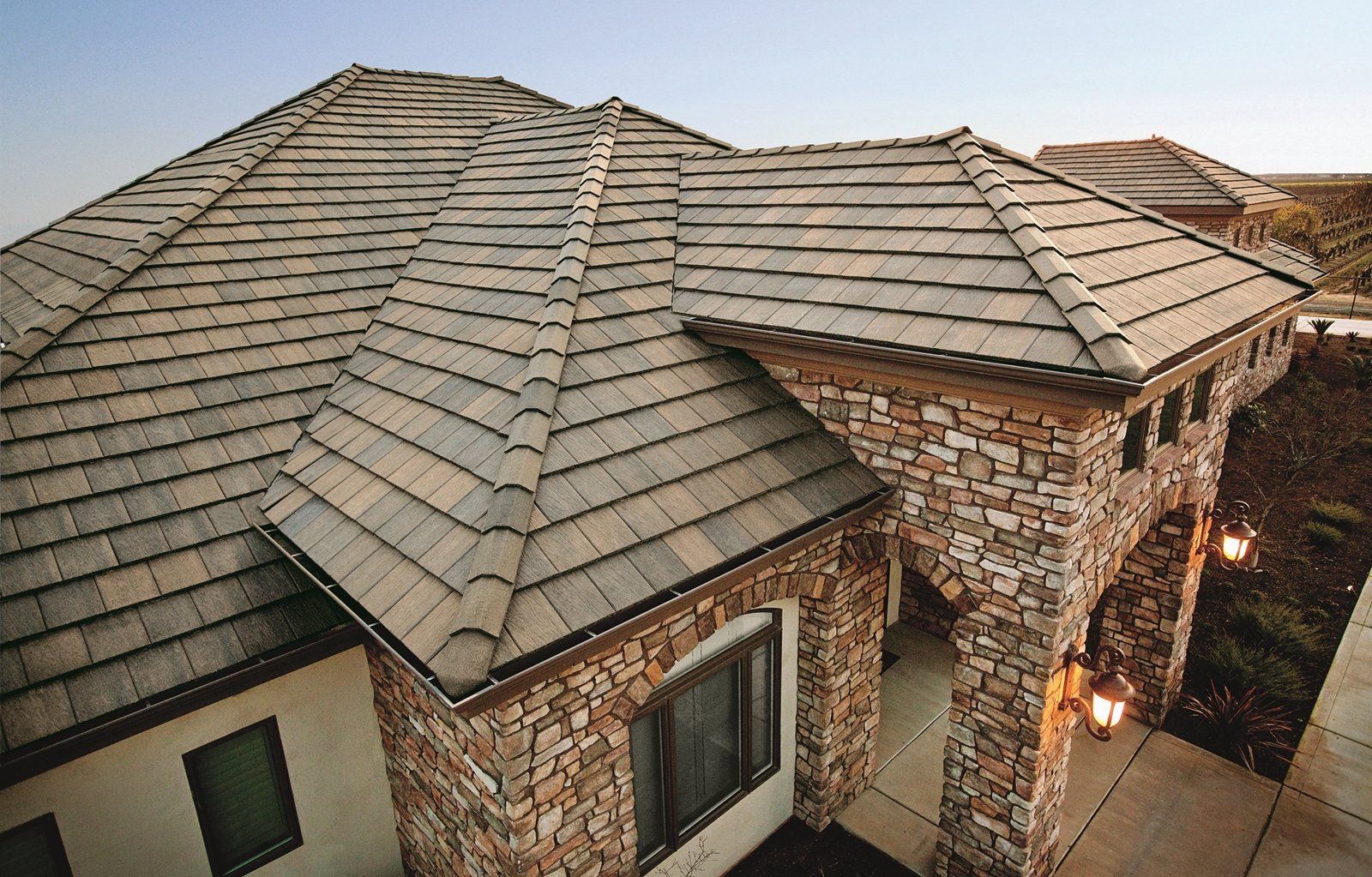
Tiling a Roof with Clay Tiles
Tiling a roof with clay tiles is a popular choice among Denver homeowners due to the unique aesthetic appeal and long-lasting durability it offers. Clay tiles, often referred to as terracotta, have been used for centuries across the globe, providing an authentic and traditional look to any Denver home. They are known for their ability to withstand harsh weather conditions, including high winds, heavy rains, and extreme temperatures, making them a practical choice for various climates that's why the are sought after in Denver, CO.
The cost of a clay roof can vary significantly depending on several factors such as the size of the roof, the complexity of the installation, and the specific type of clay tile used. However, despite the potentially higher initial cost compared to other roofing materials, the longevity and low maintenance requirements of a clay tile roof often make it a cost-effective investment in the long run.
When selecting clay tiles, homeowners have a variety of options in terms of colors, shapes, and sizes. The most common type is the terracotta clay tile, recognized by its classic red-orange hue. Yet, with modern manufacturing techniques, clay tiles can now be produced in a range of colors to match any architectural style or personal preference.
The process of tiling a roof with clay tiles involves careful planning and precision. Each clay tile must be individually installed and secured to ensure a waterproof seal and protect the underlying structure of the roof. While this can be a labor-intensive process, the result is a beautiful, durable, and energy-efficient clay roof that can last for many decades with proper care.
Denver has been using clay tiles for well over 100 years. While the cost and installation process may be more extensive than other Denver residential roofing materials, the benefits of a clay tile roof - from its aesthetic appeal to its durability and energy efficiency - make it a worthwhile investment for many Denver homeowners.
The Impact of Tile Roofing Weight on Installation and Structure
Tile roofing is renowned for its durability and aesthetic appeal, but its considerable weight is a critical factor during installation. Let’s delve into how this aspect influences both the installation process and structural requirements.
- Structural Evaluation is Key: Before opting for tile roofing, it’s crucial to assess whether your home can handle the additional load. Tiles are considerably heavier than other roofing materials like asphalt shingles or metal. This means your home’s existing framework must be thoroughly evaluated for its ability to bear the added weight.
- Professional Assessment: To ensure safety and longevity, it’s wise to engage a structural engineer. These professionals can assess your home’s structural capacity and recommend any necessary reinforcements.
- Installation Considerations: If your home passes the structural evaluation, installation can proceed with more confidence. During this phase, it’s essential to adhere to proper installation techniques to prevent any undue stress on the building. This might include reinforcing roof trusses or modifying the support structure.
In summary, the weight of tile roofing plays a significant role in determining whether your home needs structural adjustments. A careful assessment and professional guidance are indispensable to ensure that the beauty of tile roofing does not come at the cost of structural safety.
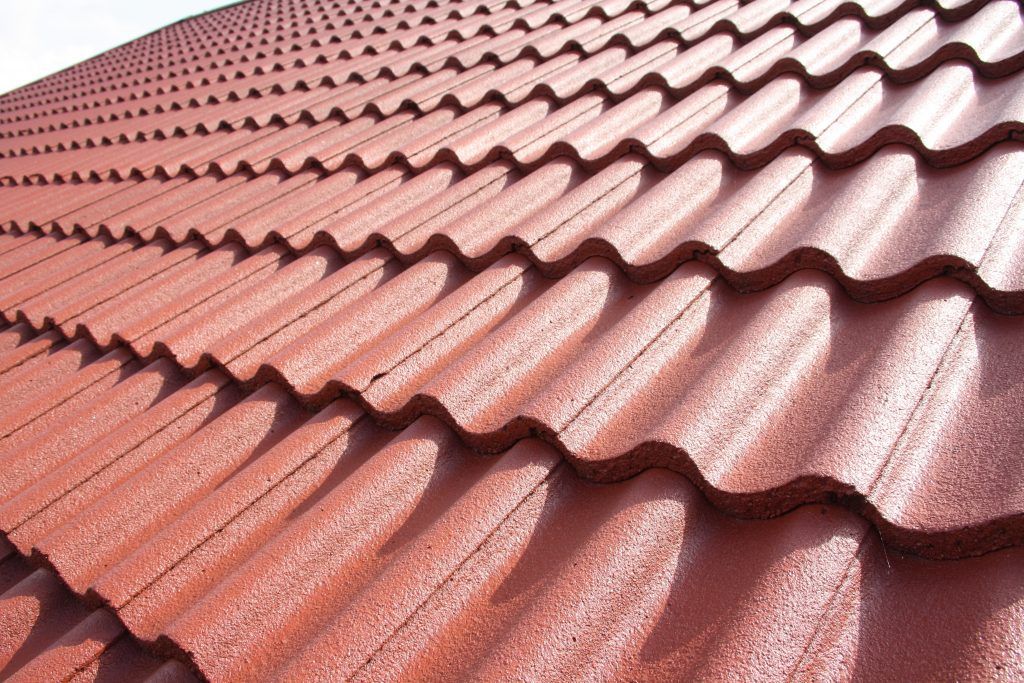
Terracotta Roof Tiles
Terracotta roof tiles have long been a popular choice for Denver homeowners and builders alike due to their durability, aesthetic appeal, and longevity. The term 'terracotta' itself translates to 'baked earth' in Italian, and these tiles are essentially made from clay that has been fired in a kiln. A clay roof offers a timeless, classic look that can complement various architectural styles, making them an attractive option for many Denver properties.
The cost of terracotta tiles can vary based on factors such as the size of the roof, the complexity of the installation, and the specific type of tile chosen. However, despite the initial cost, investing in terracotta roof tiles can be cost-effective in the long run. Notably, they are known for their ability to withstand harsh weather conditions, including Denver's intense sun and heavy snowfall. This makes them a durable and sturdy roofing option, potentially saving homeowners significant repair or replacement expenses over time.
Moreover, terracotta tiles offer an array of benefits beyond cost and durability. They are known for their excellent thermal performance, helping to keep houses cool in summer and warm in winter. This energy efficiency can further contribute to cost savings by reducing heating and cooling bills. Additionally, for those seeking environmentally friendly options, terracotta is a natural material that does not deplete resources or cause pollution during its production.
It's really no surprise that terracotta roof tiles continue to be a sought-after roofing option in Denver. Their combination of aesthetic appeal, durability, cost-effectiveness, and environmental friendliness make them an excellent choice for any Denver homeowner considering a new roof or replacement. Whether you're looking for a traditional red clay roof or something a little different, terracotta offers a range of options to suit any home style - a testament to its versatility and enduring popularity.
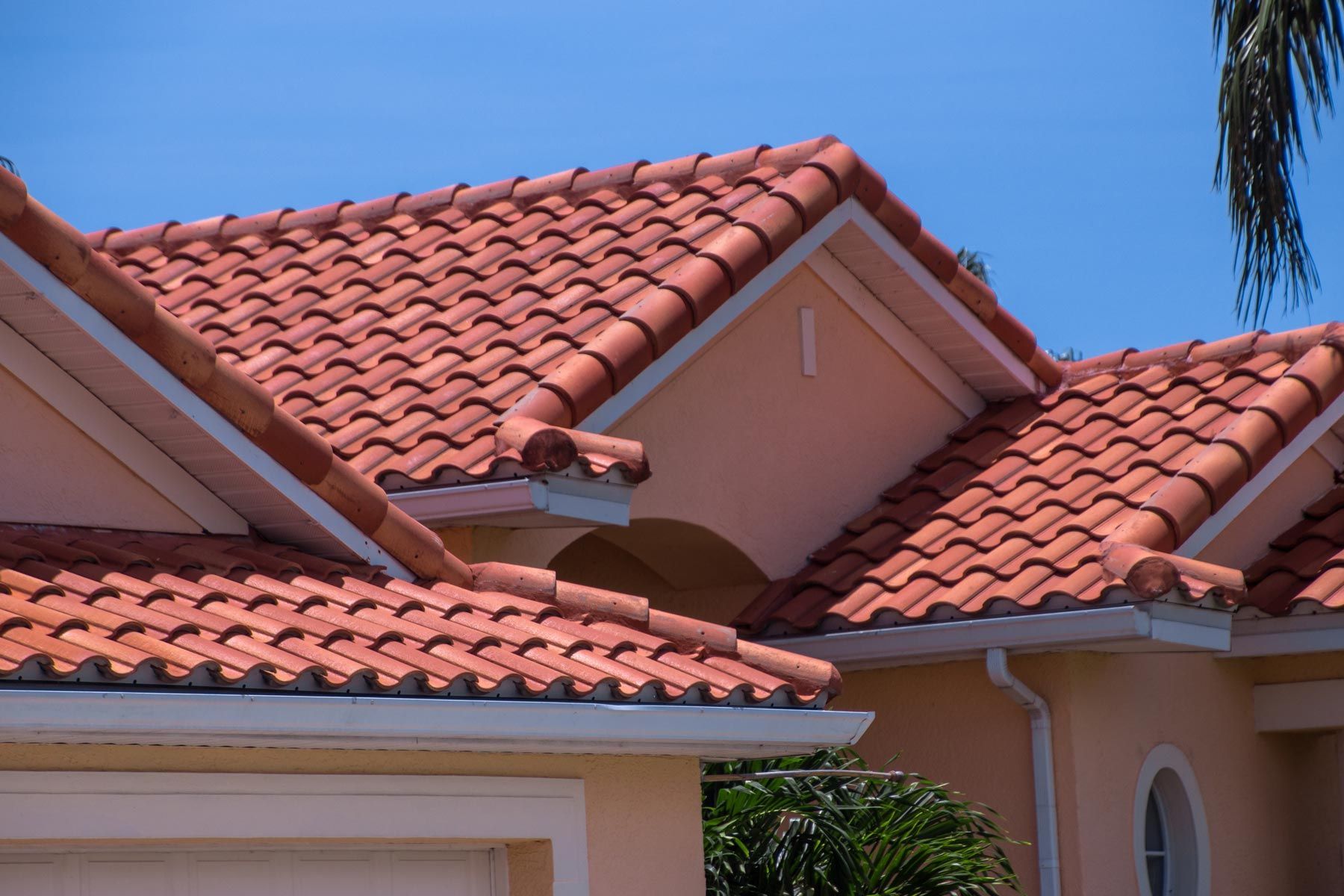
Spanish Roof Tiles
The Spanish roof tiles, known for their distinctive barrel shape, have been a popular choice in roofing materials for centuries. Traditionally made from locally available clay, these roof tiles are now also manufactured from concrete and even plastic. Not only do they offer an aesthetically pleasing and distinctive Mediterranean look to a Denver residential home but can be used commercially as well.
However they also provide excellent insulation properties, keeping homes cool during summer and warm during winter.
The Spanish roof tiles, known for their distinctive barrel shape, have been a popular choice in roofing materials for centuries. Traditionally made from locally available clay, these roof tiles are now also manufactured from concrete and even plastic. Not only do they offer an aesthetically pleasing and distinctive
Mediterranean look to a building, but they also provide excellent insulation properties, keeping homes cool during summer and warm during winter.
The Spanish roof tiles, known for their distinctive barrel shape, have been a popular choice in roofing materials for centuries. Traditionally made from locally available clay, these roof tiles are now also manufactured from concrete and even plastic. Not only do they offer an aesthetically pleasing and distinctive Mediterranean look to a building, but they also provide excellent insulation properties, keeping homes cool during summer and warm during winter.
The cost of Spanish roof tiles can vary depending on the material and the manufacturer. Traditional clay tiles are generally more expensive due to their superior durability and classic appeal. Concrete tiles, on the other hand, are a more cost-effective option that still offers the iconic Spanish roof tile look. Plastic tiles, while the least expensive, may not offer the same lifespan or aesthetic appeal as their clay or concrete counterparts.
Installing Spanish roof tiles is an investment. Not only do they enhance the curb appeal of a property, potentially increasing its value, but their durability means they can last for several decades with proper maintenance, thereby reducing replacement costs in the long term. However, it's worth noting that installation can be more complex and time-consuming compared to standard shingles, which could increase initial installation costs.
Regardless of the type of Spanish roof tile chosen, it's crucial to ensure they are installed by experienced Denver Roofing Contractors. This is because improper installation can lead to water leaks and other issues that could potentially result in costly repairs down the line. Dont risk improper installation, Call Archibeque Roofing we have competitive prices and have been roofers in Denver for over 40 years we can be reached at 720-297-0436
Spanish roof tiles offer an attractive and durable roofing solution that can suit various architectural styles. While the initial cost might be higher than some other types of roofing materials, the long-term benefits in terms of aesthetic appeal, durability, and insulation properties make them a worthwhile investment.
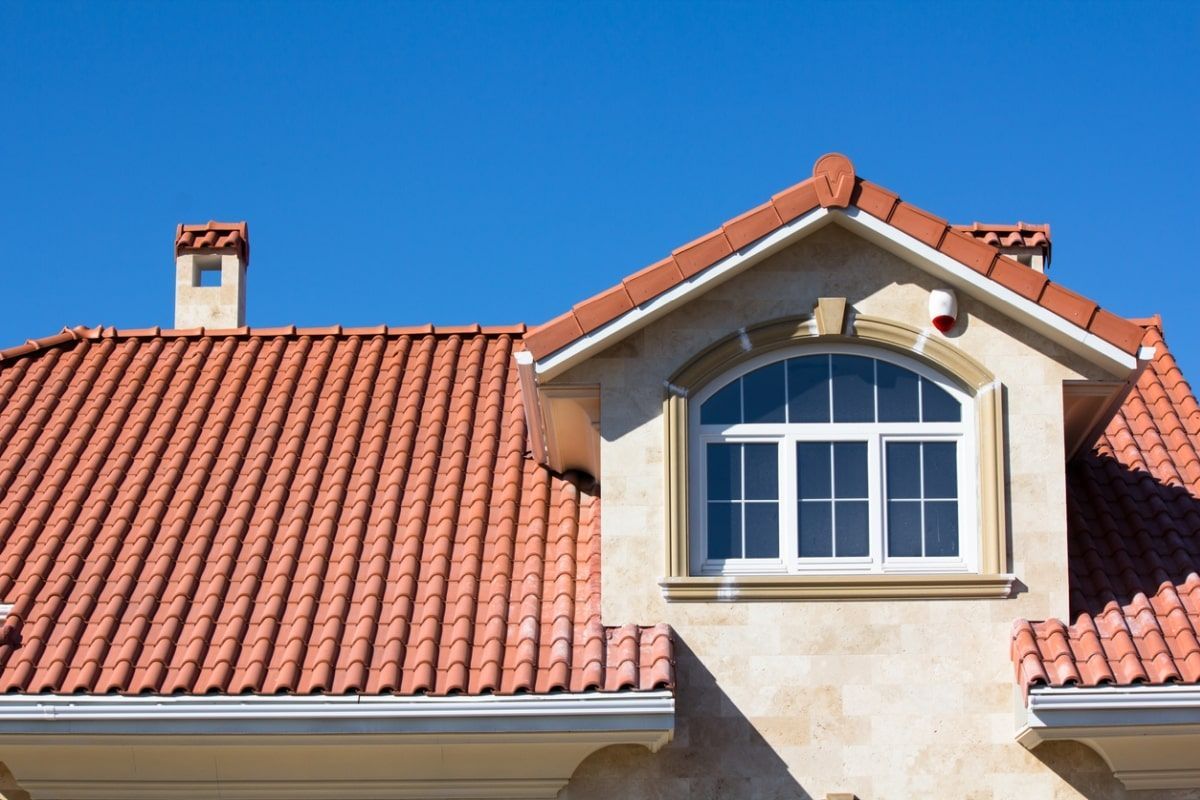
How much is a Tile Roof?
When it comes to roofing options, tile roofs are a popular choice for homeowners due to their durability and aesthetic appeal. However, the cost of installing a tile roof can vary depending on various factors such as the type of tiles used, the size of the roof, and the complexity of the installation. The cost of a tile roof can range anywhere from $10 to $20 per square foot, depending on the quality and type of tiles chosen
How long do Tile Roofs Last?
Tile roofs are known for their durability and longevity. Many Denver homeowners choose tile roofs because of their long lifespan. On average, tile roofs can last anywhere from 50 to 100 years, depending on various factors such as the quality of the tiles, installation method, and maintenance. Properly installed and maintained tile roofs have been known to last even longer.
However, it is important to note that the lifespan of a tile roof can also be influenced by environmental factors such as extreme weather conditions and natural disasters. It's also worth considering the cost of tile roofs as they tend to be more expensive upfront compared to other roofing materials. However, when considering the long lifespan and minimal maintenance requirements, tile roofs can be a cost-effective choice in the long run.
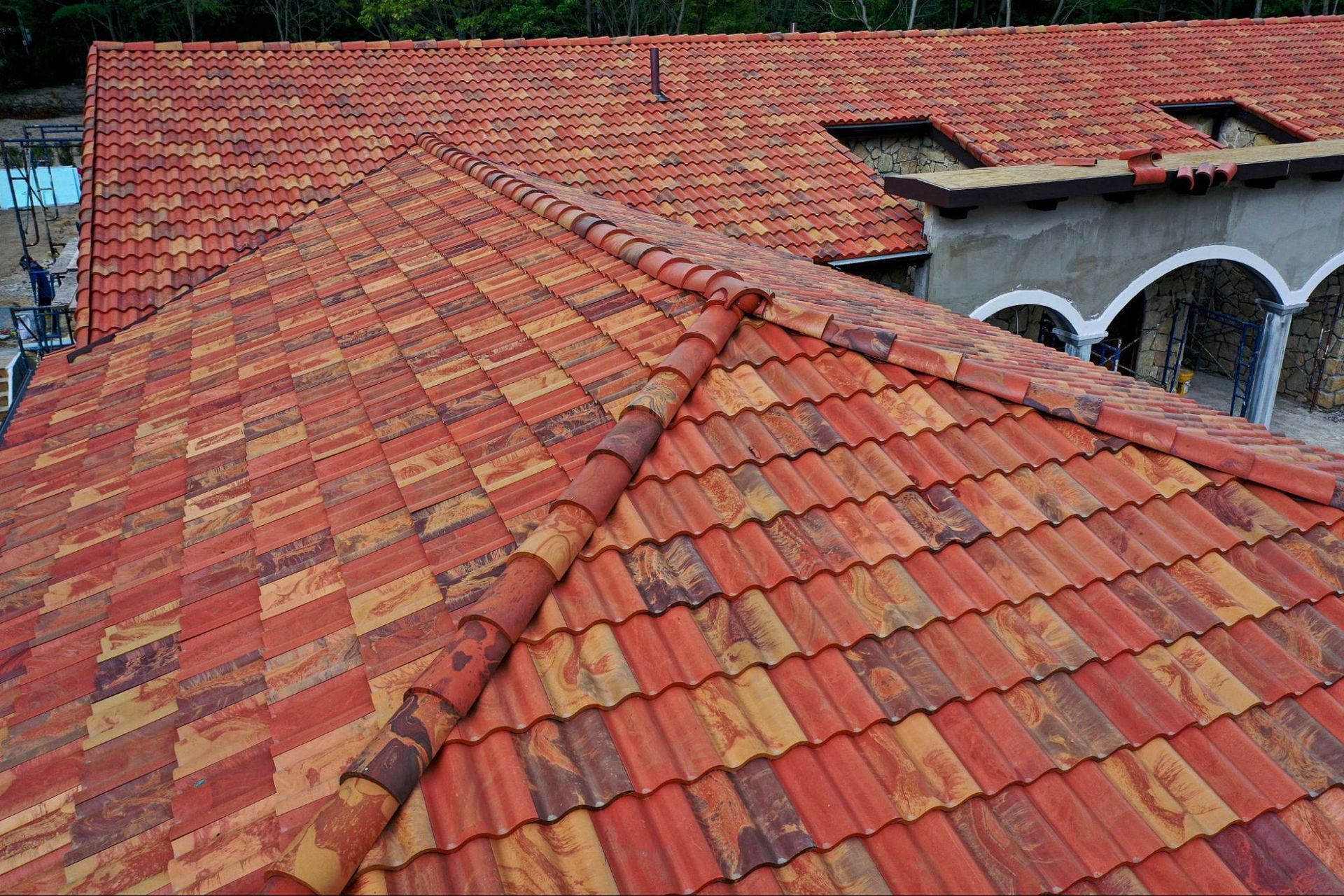
Is a Tile Roof Better than Shingle?
When considering whether a tile roof is better than a shingle roof, several factors come into play. One of the main differences between the two is cost. Shingle roofs are significantly less expensive than tile roofs. According to the Denver roofing contractors, shingle roofs can cost anywhere from $8,500 to $24,500 for a 2,000-square-foot home, while tile roofs can range from $5,000 to $40,000 depending on the size of the home. This makes shingle roofs a more cost-effective option for most homeowners.
However, it is important to note that while shingle roofs may be cheaper upfront, tile roofs have a longer lifespan and can last over 100 years, making them a more durable and long-term investment. Additionally, tile roofs are more weather resistant and energy efficient compared to shingle roofs. Overall, the choice between a tile roof and a shingle roof depends on factors such as budget, desired lifespan, and aesthetic preferences.
How to Install Roof Tiles?
IWhen it comes to installing roof tiles, proper planning and preparation are essential. Before beginning the installation process, it is important to choose the right type of tiles based on the climate and environment. There are different grades of tiles available, including clay and concrete, each with its own advantages and considerations. It is recommended to research and select the type of tile that is best suited for the weight it can support and the specific conditions of your area.
While installing roof tiles is typically done by professionals, it is possible to do it yourself with the right tools, experience, and safety precautions. It is crucial to take necessary safety precautions and obtain any required permits before starting the installation process. One important step in installing roof tiles is to lay the underlayment in 10-foot sections, securing it with nails that are at least 2 inches from the edge. This helps ensure a stable foundation for the tiles.
GET YOUR RESIDENTIAL Tile ROOFING COST ESTIMATE IN DENVER, CO
Get your free estimate from Denver's Best Residential Roofing Contractors, Today
